Home Economics | Sweet Potato Bread

Alexis Lawson is a poet, storyteller, and author of the new poetry collection The Beauty in my Bare Bones (2019). Alexis was born in Cleveland, Ohio, but having grown up both in the North and South contributed greatly to her perception of womanhood. Throughout her life, Alexis has always been fascinated by words and storytelling and the impact that conversation can have in someone’s life.
Naturally, she was drawn to writing. The interest was cultivated during her teenage years and further developed when she opted to pursue her Bachelors Degree in Creative Writing at Appalachian State University.
After completing her second degree at 19-years-old, Alexis worked as a teacher, specializing in Creative Writing. She taught Kindergarten – Fifth Grade helping them foster the same enthusiasm that she has for writing. In this position she learned a lot about the stories that she wanted to share with the world and cultivate within the people she meets.
She aspires to give her readers the key to hundreds of worlds within a lifetime, and to give people who feel forgotten, overlooked, and not included in literature a place to call their own. Alexis intends to break the trauma troupe in literature and reinforce black joy in narratives. She is passionate about crafting stories that inspire others to become the people they read about. She feels that the artistic exchange between conversation and the artist opens up many opportunities.
Alexis currently lives in Raleigh, NC and works as a full-time freelance writer and content creator. You can read more of her work on blog via Medium and on her social platforms @HerBlackHand.
Do they even make kitchens that fit tables inside of them anymore? Show homes with chipped tile, and tell buyers that it’s a nice little quirk, then explain that it gives it character? No one appreciates the build-up, or the story behind the setting, because everything right now is always about resetting.
I’m vetting out the things that don’t make me feel closer to home. That don’t make me feel like my shoes belong at the door. And I remember that every time I step foot into a kitchen, the fridge holds my dreams, and I have the palette to be explored.
Books tell it all, but it’s the food we remember. The tastes that we relate to things we know we’ve never tasted. And you remember the first time you attempted to make it and the recipe didn’t take. And you learned that God had specifically placed it in the hands of the women above you to cultivate and hold onto it until it was your time.
I thought I knew the steps to recreate that kitchen. Thought if I mixed all the dry ingredients then everything would start to look like a mixture of all the kitchens I’ve cooked in. Thought if I mixed the milk in, then everything would bind and become permanent. Thought if I added the yeast it would rise enough for me to add my own kitchen to the mix. I beat the eggs. I whipped them until the bubbles took over the bowl and they appeared more white than yellow. I thought if I added the butter, the oil, and the flour that everything would manage to come together and that would be final. But it became the dough. And I realized that I still had some sitting to do, some portioning out to do.
I still had some molding to take care of.
The kitchen was my first school. I learned what society expected of me as a Black woman. It’s where I was taught to work hard or get the hell out of the kitchen. The heat of the kitchen sometimes felt like hell, but I couldn’t leave. Not when I was surrounded by women who never left, even when the kitchens around them were burning buildings—burning hands landing on the cheeks of their faces, burning bridges that would create irreparable damage. How dare I leave the kitchen when all of them were counting on me to calm the fire? To become it, to change the way it looked and use that heat to light their ever so dark paths. How dare I be anything more than them?
They want you to do it. To recreate the recipes, but never to make it better than them. They want you to take the recipes and their dishes to the holiday parties but never forget to tell them who taught it to you, because if it weren’t for them, there’d be no you.
The first mixture I knew was equal parts Blue Magic and Sulfur8, to expedite the growth of my worth, in the power of my tresses. I walk into kitchens questioning how many heads have been washed in those sinks. How many mixtures of creamy crack and deep conditioners slid their way down the drain? How many tears bonded with water when no one understood their pain?
We would be late for praise and worship before my Gramma didn’t get to my kitchen. But I still ran from the hot comb every time I could. Never understanding why we should tolerate the smell of burning hair, but rush to the oven at the smell of burning bread. I don’t know why everyone tried so hard to smooth out what already stated its purpose. My hair, even with the perm I sat too long and burned my scalp for, that never took, was no match for its defiance. So I resisted, knowing that the comb would get every bead-a-bead hiding underneath my long tresses. If no one saw it, why did it matter? My hair would already be sweated out from chasing after my cousins while we waited for my family to finish their hour-long goodbyes. But even that wasn’t acceptable.
“Don’t be running in this church”, but what if we were catching the spirit like the ladies that made the service 30 minutes longer than it needed to be? Have you ever seen an image of heaven without children running around? If only they listened to the children that cried, instead of giving disapproving side eyes, then cooing at the advances of other married members while serving the refreshments at the end of service.
I learned about God in that kitchen. Spread my Gramma’s bible on the table filled with old palm crosses, photos, highlights, and prayers that were still pending. I looked up Hebrews 11:1 and read those words for the first time. I memorized that scripture. I repeated it over and over again to recite in my church’s step show. Still the only scripture I remember, years later. Still, I’m struggling to believe it.
I questioned God, in that kitchen, as my mother told me, the same church took a lot away from her when she became pregnant with me, at eighteen. I learned to separate the church from God, as my Gramma continued to pray. As my mother continued to pray. As I tried to pray.
Years later, I’m still questioning the church. Why do they never air out men’s dirty laundry the way they did ours? Crucify them with nails of every victim whose name was erased in the pulpit. Find a way to blame the victim and gaslight every woman in their sermons. Shoot glances at the husbands who couldn’t seem to keep their dicks in their pants. Hold the family “friends” that only showed up to admire the lace trim on the edge of our pure white socks accountable for their actions. Why do they never address the old men whose hands always landed on the smalls of our backs? They had no problem banishing the girls who conceived a bit before they hoped, to the back row, took their ushers gloves away as if their actions were the only ones in the building able to stain their pristine purity. Had no problem spreading the gospel except the one we came for—the ones I came for. The ones that blare through speakers during my meal’s preparation. And I sing, hoping that the God they believe in is still checking for me. Blessing the hands that prepared this meal. And even though there are not two or more people gathered in my kitchen he is still present. Holding my hands when they're tired from kneading dough, too tough for me to knead on my own.
I’m still questioning the church.
But in the kitchen, I still bow my head, close my eyes, and open them when the prayer begins, wondering if anyone else believes in prayers like my Gramma—like my momma. Wondering if I’ll ever find a kitchen that feels quite like a home—like a fresh loaf of warm bread.
Or is that an undercooked dream too?
Alexis’s Sweet Potato Bread
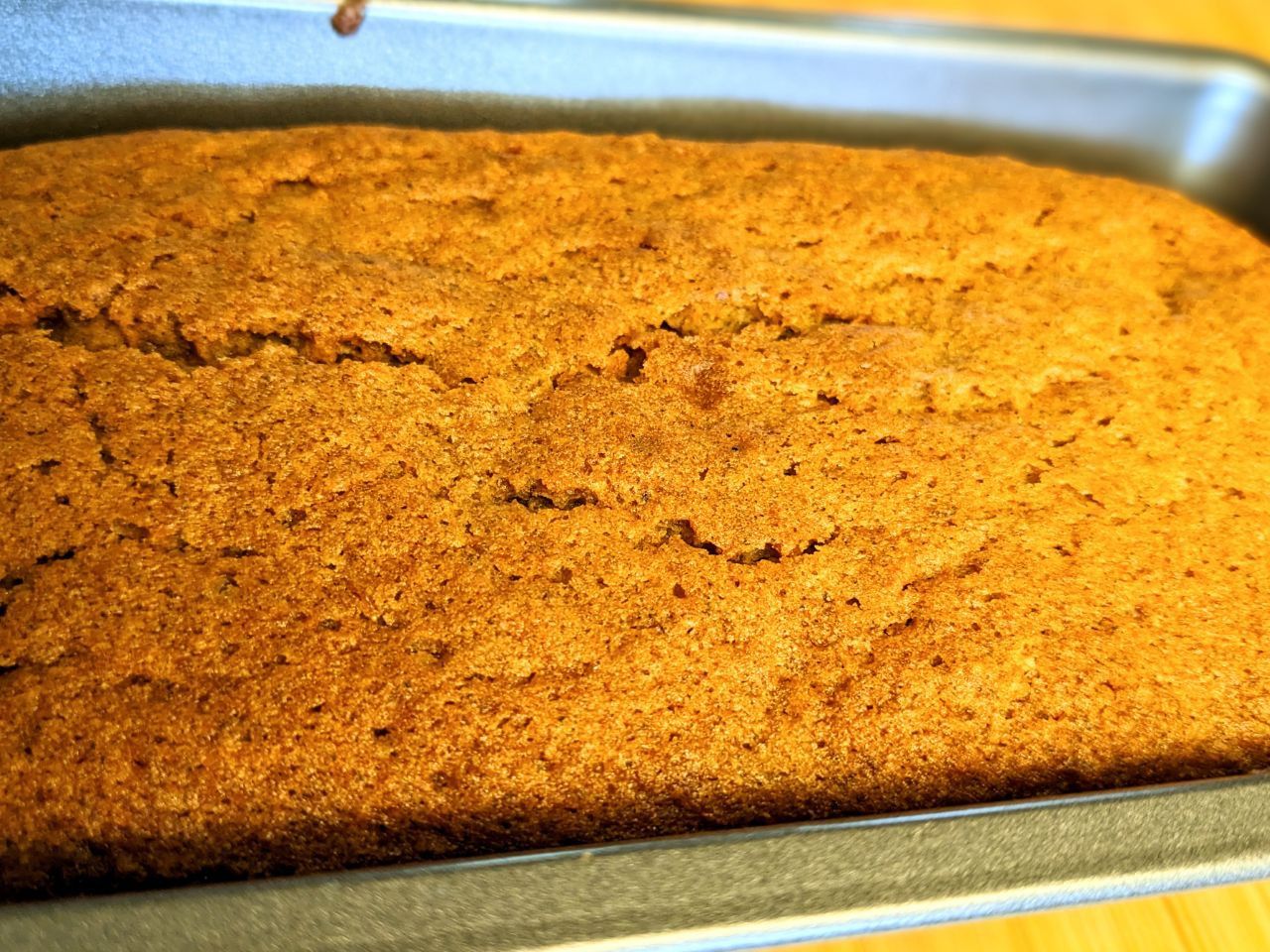
This recipe is a decadent, sweet, fragrant treat, perfect to present at any occasion or make just for yourself. It’s as rich as a cake and can be served for any time of day. Prepared as written, it produces one loaf that serves 6-8 people.
Get the Recipe: PDF, Google Doc
If you’d like to own the Personal Canons Cookbook ebook, which collects all these essays and recipes in easy-to-reference, clickable format—plus loads of bonus recipes from me!—join the Stone Soup Supper Club. The ebook is free for subscribers, who will get the download link in their inboxes in the first Supper Club email of 2024!
Remember: Care for yourself and the people around you. Believe that the world can be better than it is now. Never give up.
—Gailey


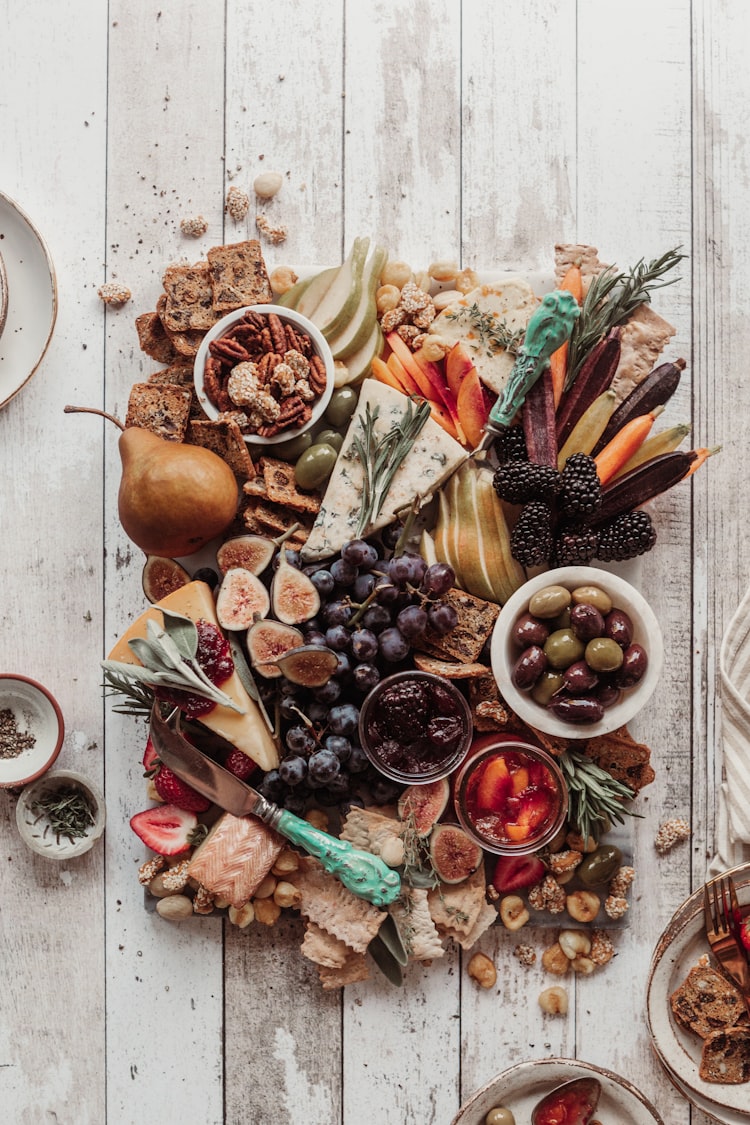
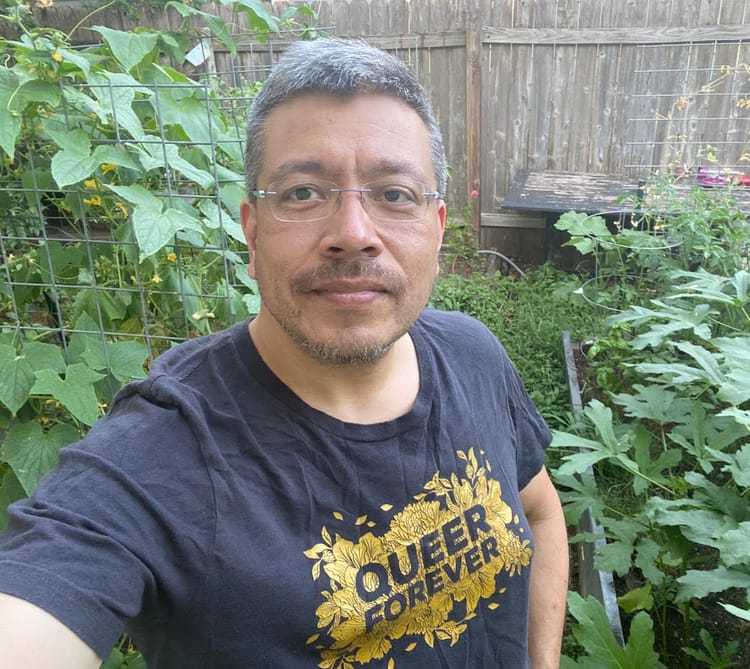
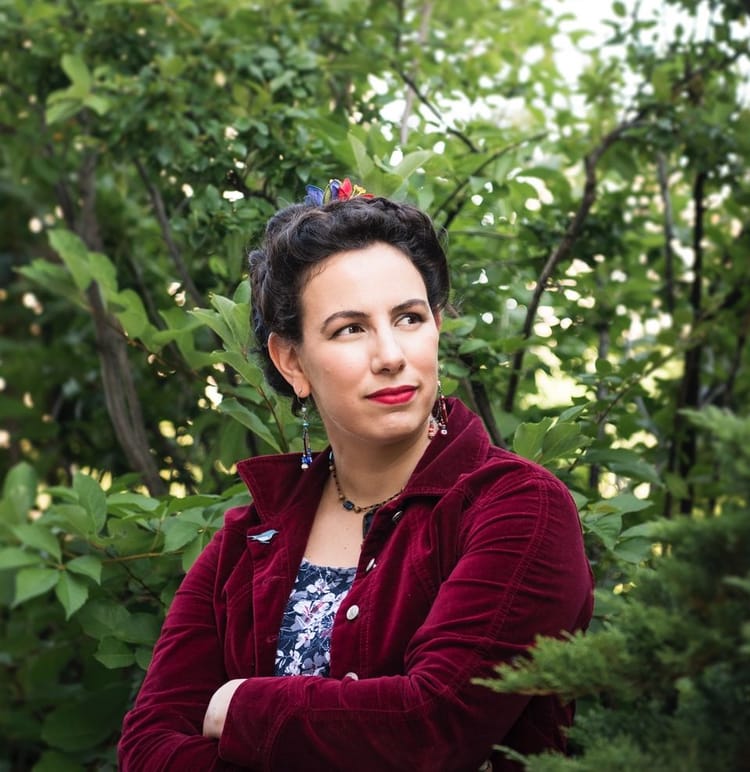
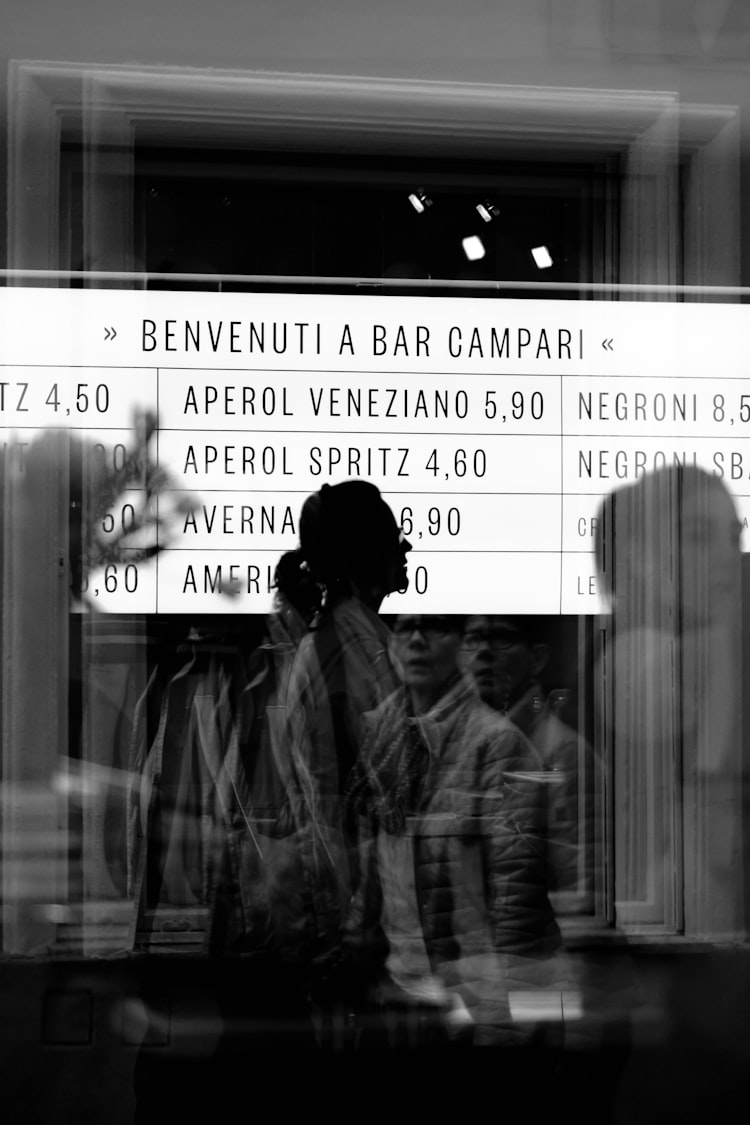
Member discussion